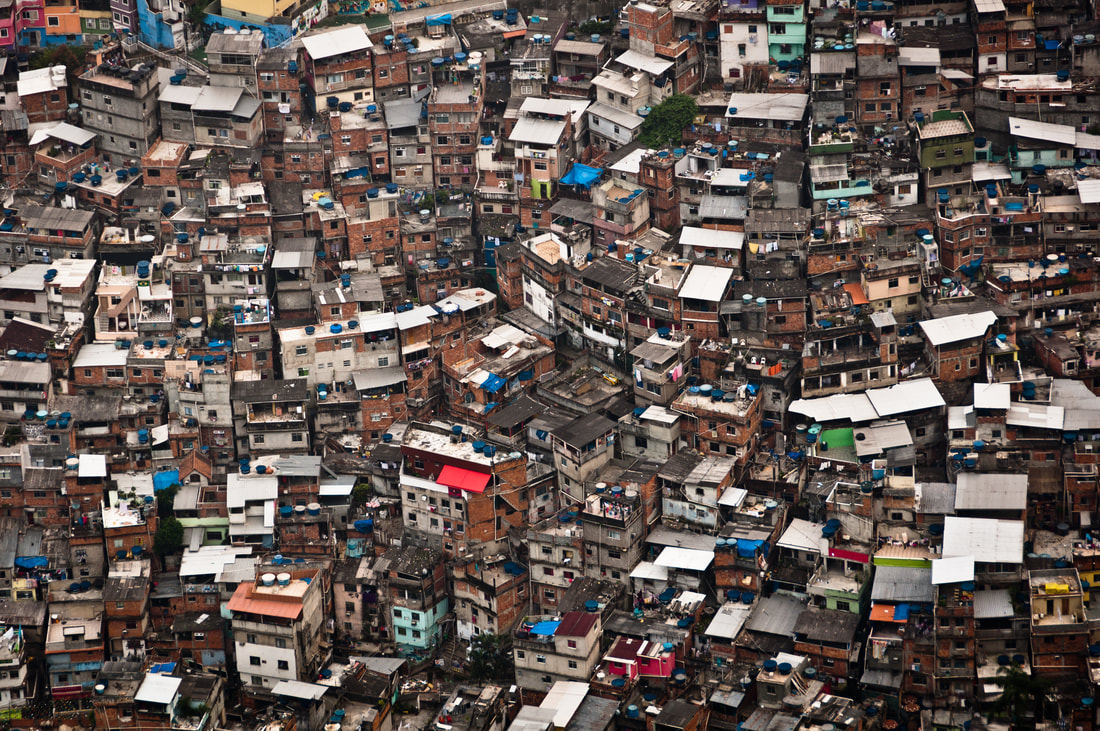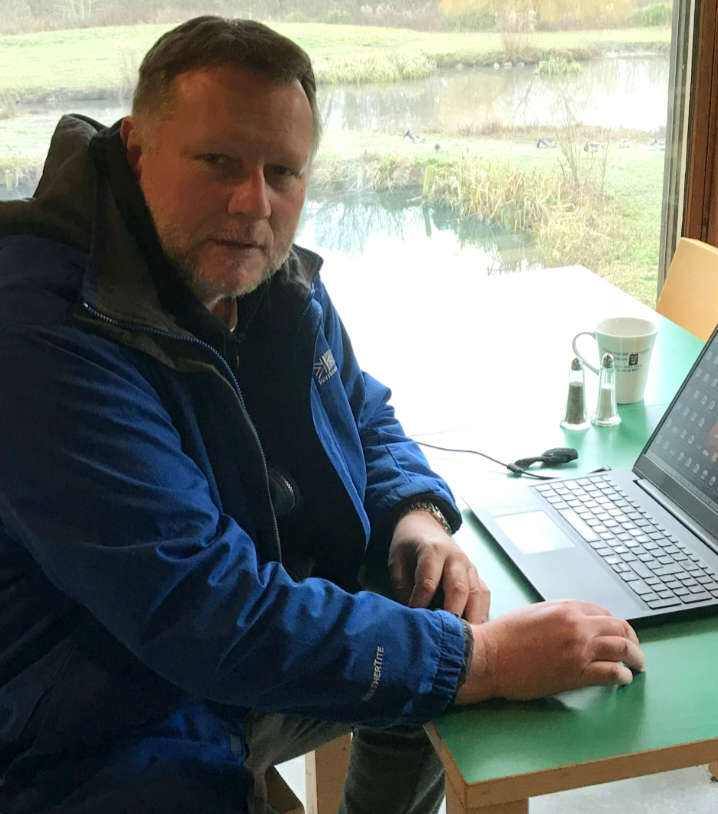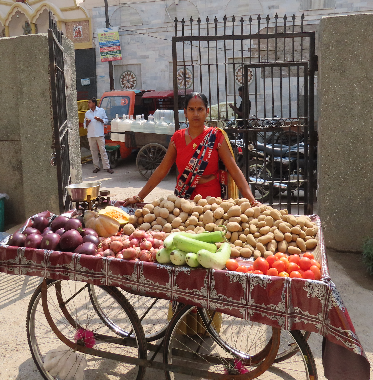|
A luxury hotel is a far cry from the extreme poverty of The Road to Parity’s beneficiaries - but the musical, Dot Com City, presents an opportunity for the charity to benefit from a performance at the QE2 Hotel. On Saturday, 27 April 2024, Simpson and Hall’s Dot Com City, The Musical will be performed at the maritime icon, now based in Dubai. Presented by DJMC events, the musical includes Gospel, Rock ‘n’ Roll, Ballads and tells the story of Victoria Dot Com, an evil tyrant who owns all domains and rules Dot Com City. She’ll stop at nothing to get what she wants - helped by sneaky sidekick, Megabite. But someone’s out to get her, and her cyber empire is in jeopardy…. Producer Malcolm Simpson says the musical has previously been shown in the UK and Canada - and this is a specially adapted version for cruise ships, including a fashion show.
“Our research shows that many cruise passengers want to see and hear something new, while some want to see something they are familiar with. This version of Dot Com City does both - and is a very topical story for today’s audience,” says Malcolm, based in Newcastle upon Tyne.. Malcolm adds: “It’s very much an ensemble piece and gives the performers a wonderful opportunity to show their versatility. They are fairground people, then fantasy people, then city people. Each song has a different mood, and each number moves the story along - requiring many different styles of dance and movement.” The show will take place at the QE2 hotel at 7.30pm Dubai time (4.30pm UK) on Saturday, 27 April before an assembled audience. It will also be live streamed worldwide so people can watch online. The Road to Parity is among the charities to benefit when people buy a “Pay-Per-View Charity Ticket”. Dot Com City, The Musical will be available for ticket holders to watch for 30 days after the live event. For more information, go to https://mdotcomcity.com/ Jonathan Hill, The Road to Parity Founder, says: “This was not an opportunity to be missed! We’re very grateful to Malcolm and all those involved with Dot Com City, The Musical for allowing us to share in such a wonderful spectacle. We appreciate we’re quite late to the party, but the global streaming option gives donors the chance to enjoy the performance for another month after the live show.” The Road to Parity helps people in extreme poverty in developing nations to become entrepreneurs. Since starting its micro-grant based initiative in 2019, a total of 90 businesses have been set up in the slums of Delhi in India, benefitting around 500 household members. A similar programme has just been announced in Uganda.
0 Comments
The Road to Parity has entered a new partnership to support entrepreneurs in Uganda. It follows an international search for a new partner after the conclusion of Project Unnati in India in 2023. “We’re so pleased to be entering a new country and indeed a new continent to extend our fight against extreme poverty,” says Jonathan Hill, TRTP Founder. “The search has been long, but we are now confident we can continue our work to transform lives through entrepreneurship.” The new partnership is with Canaan Children’s Development Initiative (CACDI), a non-profit organisation in Luweero District, north of Uganda’s capital, Kampala. CACDI comes to the aid of highly vulnerable children, such as orphans, disabled youngsters and those infected with HIV/AIDS to provide welfare and educational support. It also assists widows and victims of domestic violence, who will be the focus of the new partnership, beginning with a trial. Lilian Nayiga, who is leading the trial for CACDI in Uganda, says: “CACDI’s partnership with TRTP is very timely and will provide what has been the missing link in CACDI’s efforts to combat repeated abuse against women in communities of Luweero district. In this regard transforming widows and vulnerable women’s lives through entrepreneurship will greatly lessen their dependence on the perpetrators of abuse hence availing a safe environment where young children can thrive.” Under Project Unnati in India, TRTP’s micro grant-based model was used to set up 90 businesses in the slums of Delhi. Many of the ventures in India were street-based stalls selling an array of high turnover daily items, such as fruit, vegetables, snacks, clothes and household goods. Other businesses involved tailoring, welding, beauty care, air conditioning and bicycle repairs, among others. Although most of the beneficiaries had no prior business experience, the ventures would often become profitable quickly, significantly increasing household income.
Using a careful screening process, entrepreneurs are identified before discussions take place on what might be a suitable venture. Once an idea is agreed, the beneficiaries are provided with some basic business training, along with the equipment and supplies needed to begin trading. The TRTP model has been adjusted slightly for Uganda as the beneficiaries will be in rural, lower footfall areas, compared with the mostly high footfall businesses in India. Selling clothes is also felt to be unsuitable as their relatively high cost for the local market will slow sales and block cash flow. Unlike many similar initiatives in developing nations, the small grant available is not a loan and does not need to be repaid. TRTP believes people in extreme poverty have suffered enough. TRTP and CADI have agreed a Memorandum of Understanding to run the trial, which will be assessed at the end of 2024. |
AuthorThe Road to Parity Archives
April 2024
|






 RSS Feed
RSS Feed